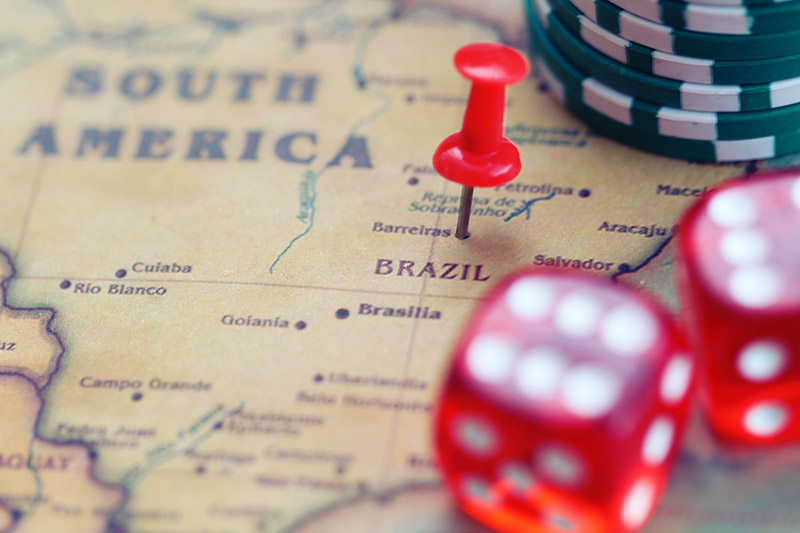As Brazil moves closer to fully regulating its gambling market, the government is introducing significant changes to how online gambling and sports betting are managed. Under President Lula’s administration, these changes are aimed at addressing social concerns, financial oversight, and illegal operations. The effects of these reforms will shape the country’s growing gambling industry, which has seen an explosive rise in popularity, along with associated risks.
Strengthening Oversight and Payment Restrictions
The Brazilian government’s new policies focus primarily on restricting payment methods in online gambling, a move aimed at controlling the funds flowing into both legal and illegal betting activities. Starting this week, payments for gambling activities will face tighter regulations, with discussions between the Ministry of Finance and legal sports betting operators being crucial to the process. While the details are still under review, the government has already approved limitations on the use of state-issued welfare cards, particularly Bolsa Família, to curb excessive gambling by vulnerable groups.
This regulatory push comes at a critical time. Brazil’s gambling market is on track to be fully legalized in January 2025, but the government’s proactive measures—such as the ban on credit card payments for gambling—demonstrate an urgency to mitigate risks. The preemptive move by credit card companies to block payments even before government mandates take effect signals a broad industry collaboration in bringing these reforms into reality.
Addressing Social and Economic Concerns
Brazil’s decision to reform its gambling laws is as much a social intervention as it is an economic one. Gambling addiction and financial irresponsibility, particularly among low-income populations, have raised alarms within the government. Data from the Central Bank revealed that Brazilians spend around BRL20 billion per month on gambling, with a concerning BRL3 billion attributed to welfare recipients from the Bolsa Família program. President Lula has pointed out the social costs of gambling, including debt and addiction, which have prompted swift action to protect those most vulnerable.
Furthermore, the Senate’s upcoming inquiry into the impact of online gambling reflects the growing concern about its influence on Brazilian society. The inquiry will explore gambling’s impact on family budgets, potential links to criminal organizations, and the role of online influencers in promoting these activities. With high-profile scandals like the recent arrest of influencer Deolane Bezerra for money laundering, the government’s crackdown on illegal and unethical gambling practices is gaining momentum.
Combating Illegal Gambling and Enhancing Regulation
In parallel with social protection measures, the Brazilian government is preparing to shut down unauthorized betting websites. Over 2,000 illegal sites are expected to be taken down in the coming days, an effort spearheaded by the Ministry of Finance. The government has also introduced a “negative list” of operators that violate Brazilian law, in collaboration with other regulatory bodies such as Anatel (the National Telecommunications Agency). This coordinated effort reflects a multi-faceted approach to cleansing the gambling industry of bad actors.
As the launch of Brazil’s regulated gambling market approaches, these moves to weed out illegal operators will create a cleaner, more transparent industry. The government’s focus on fair play, certification, and financial oversight will provide a safer gambling environment for consumers and reduce the risk of activities like money laundering.

